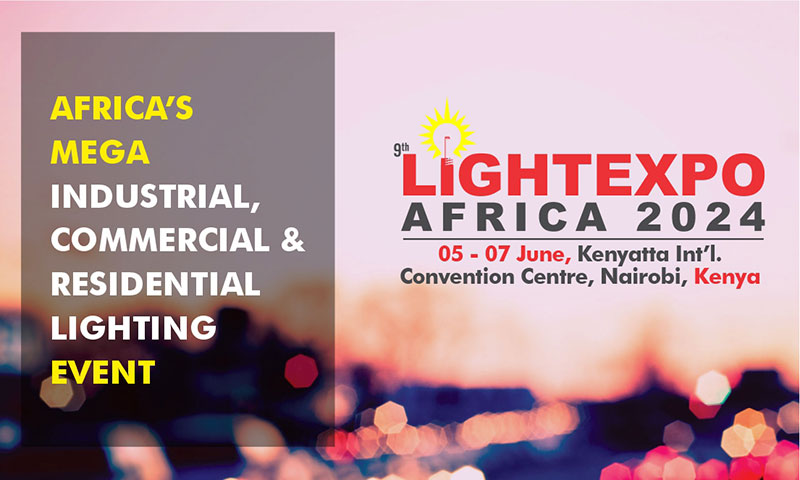

The Role of New LED Lighting Projects in Improving School Facilities Across Kenya
.jpg)
Posted on :Monday , 2nd December 2024
The United Nations Environment Programme (UNEP) Copenhagen Climate Centre is supporting a pilot project that is outfitting 100 Kenyan boarding schools with low-cost, energy-efficient light-emitting-diodes or LED lighting, which will allow school administrators to save money and keep lights on longer.
The project is a collaboration with Sustainable Energy for All, a UN-hosted initiative, and Kenya’s Ministry of Education. It is part of a larger effort by Kenya to improve energy efficiency, which is a key component of the country’s plans to expand access to affordable renewable power.
Embracing energy efficiency – and LED lights in particular – could pay big dividends in countries struggling to power their schools. Globally, 25 per cent of primary schools and about 15 per cent of secondary schools lack access to electricity, affecting 186 million children, says the UN Children’s Fund (UNICEF). Even in schools with electricity, inefficient lighting means many struggle to afford electricity bills, resulting in outages.
Lighting is responsible for about half of electricity consumption in Kenya’s schools, according to an analysis by the UNEP Copenhagen Climate Centre. That is largely due to a reliance on incandescent bulbs, which have a filament that is heated until it glows, and fluorescent lighting, which generates gas from atomic collisions. Both those processes are inefficient compared to LED lighting, which passes an electrical current through a microchip, illuminating tiny light sources.
In Kenyan schools, LEDs are freeing up resources that can be reinvested in other needs, such as schoolbooks, sports equipment, and teacher training.
Menegai High School’s principal, John Ngunyi, said the switch to LEDs, which began in September, will benefit more than 2500 students.
“The LED system will increase the amount of time that the students have for studying and the amount of time that they can have the lights on,” he says.
The LED bulbs are provided by the Signify Foundation, a charity arm of Signify, a global lighting manufacturer. Eric Otenio, Signify’s Program Manager for Sub-Saharan Africa, highlights that LED bulbs are much easier on students’ eyes. “They reduce flickering and therefore eyestrain and headaches,” he says. He also points out that LED bulbs need to be replaced much less frequently than fluorescent bulbs, thereby reducing waste.
The LED lighting pilot project will be completed by the end of 2024 and will see more than 10,000 traditional fluorescent lamps replaced. That is expected to result in savings of more than US$213,000 a year across the 100 schools, a 24 per cent reduction in their current power bills. It will save power equivalent to the release of 460,000kg of carbon dioxide annually.
“This is a win-win for schools,” says Christensen. “And it highlights the huge impact something relatively simple to implement can have on the lives of students.”
Please Select an Option

Expogroup
Expogroup is a full service exhibition organiser with over 29 Years experience in International trade exhibitions. Our current portfolio includes 28 annual exhibitions from a diverse range of industries being held across the Middle East & Africa.
EXPOGROUP © 1996 - 2026 | Privacy policy
